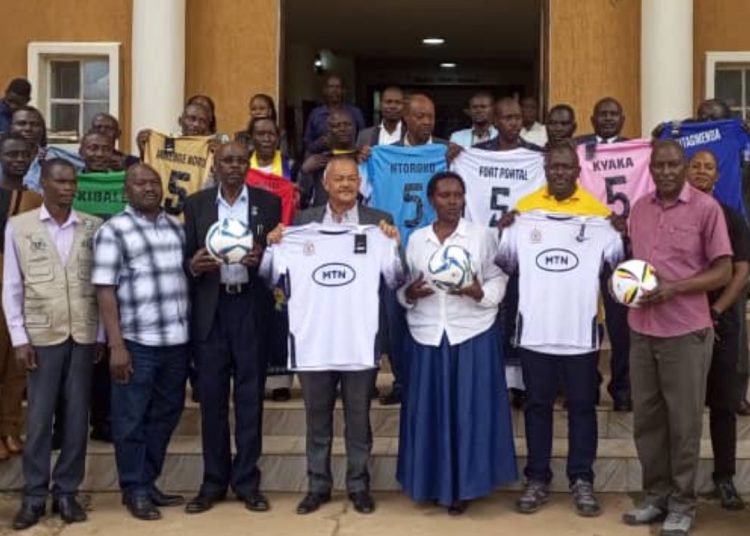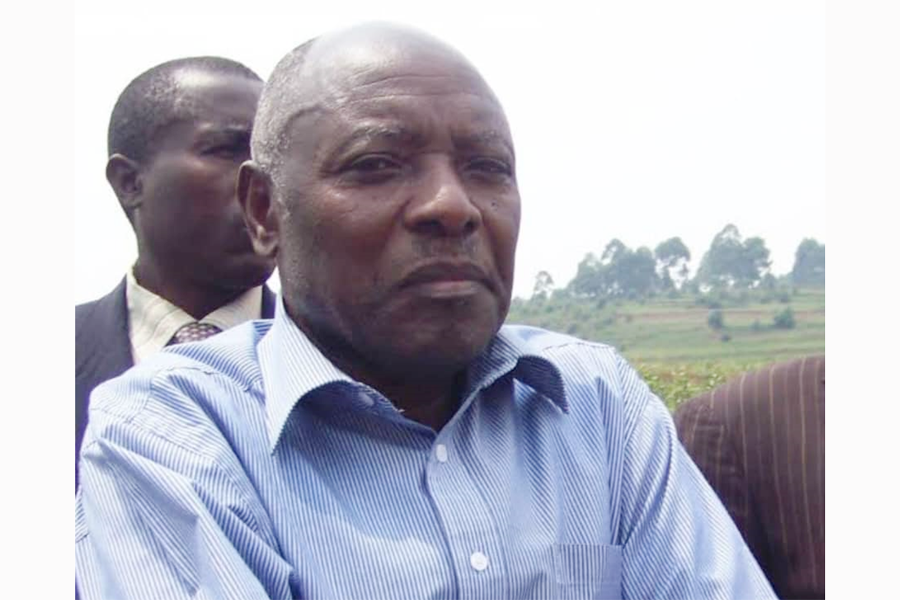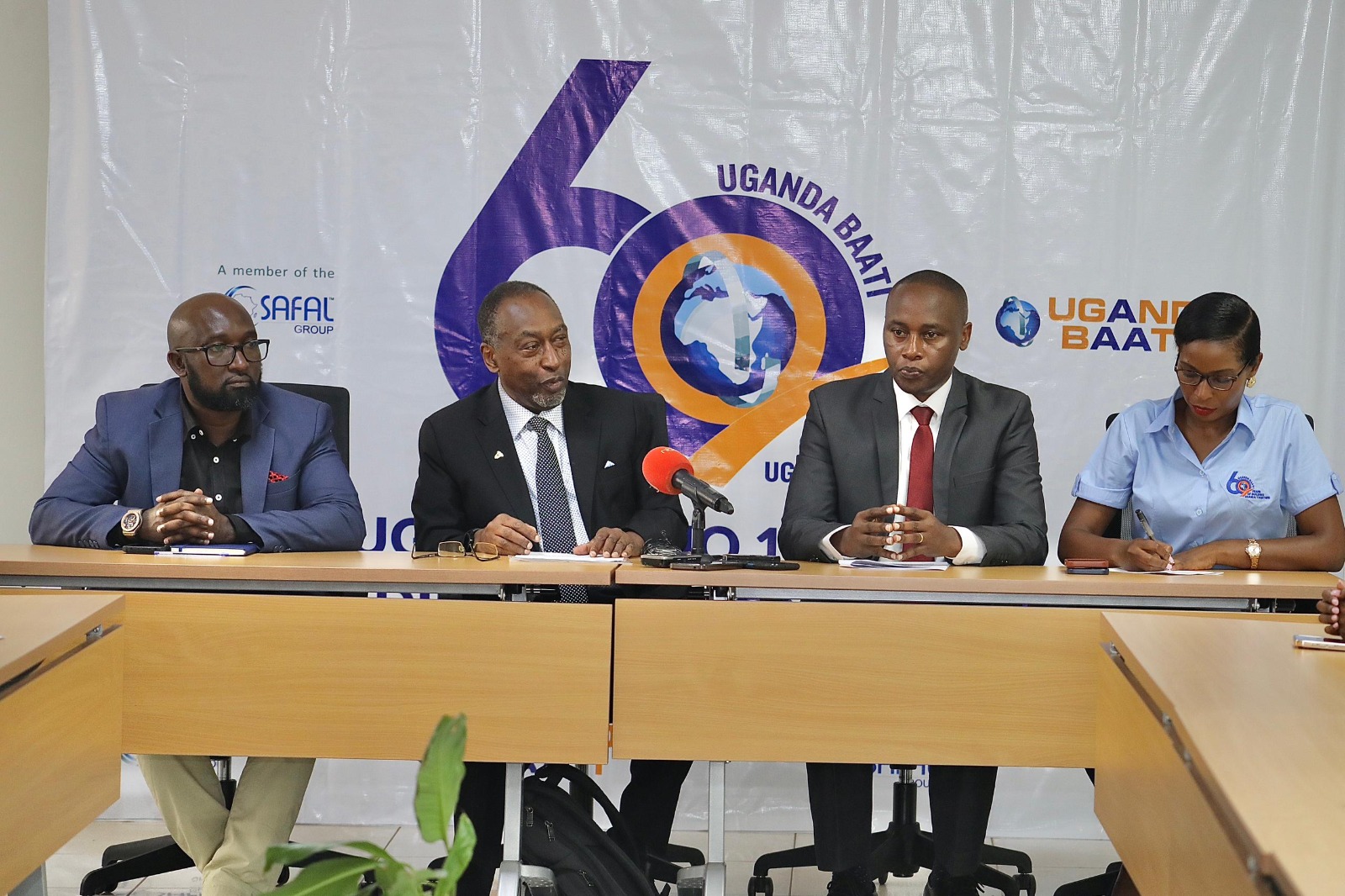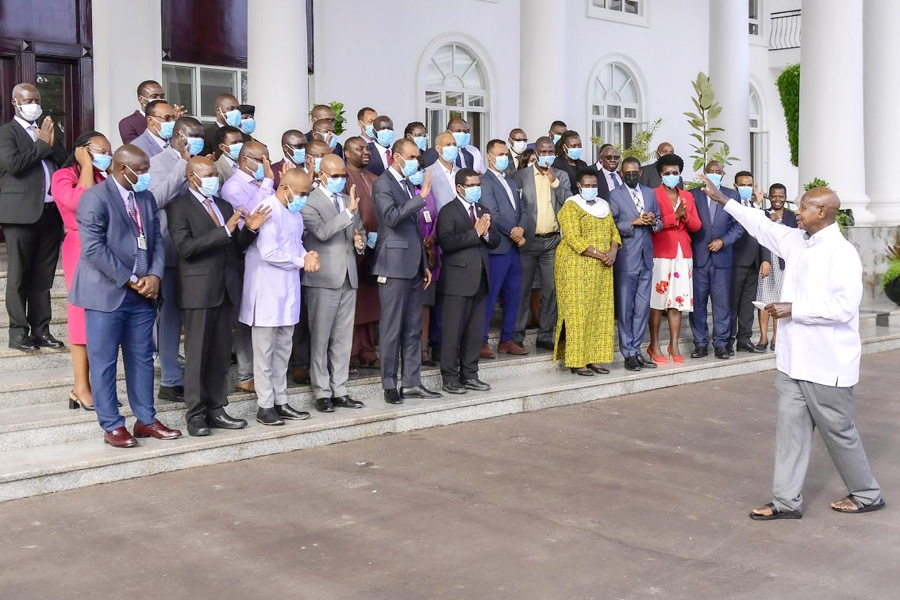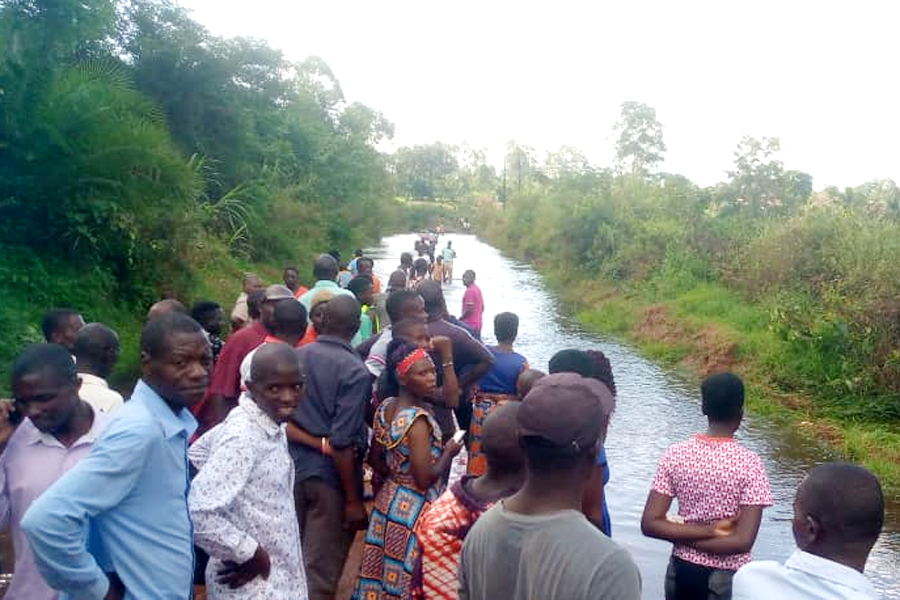Facebook: Why we closed accounts of Uganda government officials (Video)
Accessing Facebook through Virtual Private Networks (VPNs) is now the only way one can access the platform in Uganda since early 2021.
Government blocked the social media giant in the country at the peak of the recently held general election in reaction to Facebook’s decision to take down a number of Ugandan government officials accounts.
Keep Reading
Facebook said in its transparency report that they had removed Ugandan pro – Museveni accounts for using duplicate accounts ahead of the presidential elections.
According to the same report, the total number of the deleted accounts was 426. 210 pages, 62 groups and 153 Instagram accounts were also deleted in the same purge.
The removed accounts were accused of taking part in a Coordinated Inauthentic Behaviour (CIB), which Facebook viewed as coordinated efforts to manipulate public debate for a strategic goal.
Facebook adds that fake accounts were central to the operation.
But what did the removed accounts really do under this CIB?
In an interview with the African Institute for Investigative Journalism (AIIJ), Allan Cheboi, the senior manager of investigations at Code for Africa, an organisation that worked alongside other entities, said that when they looked at the images being posted on the Pesa Check data base, they realised that there was a couple of false images that were being shared in a coordinated way using the hashtag #stoghooliganism.
"So they were republishing those and telling people, ‘this is what is happening in the country, we need to tell people to stop hooliganism.’ From that perspective, even as an investigator you know there is a problem, because this picture is not a current picture and there must be someone pushing this particular hashtag," Cheboi said.
Cheboi said they collected the data behind the hashtag, and all the posts that were mentioning those hashtags both on Twitter and on Facebook, and they did a network map to understand who is behind it and what are the timings of the postings were.
He said these accounts were posting and pretending that they don’t know each other, and then they ended up amplifying each other.
Cheboi’s team played as the whistleblower, and contacted Facebook about the hashtag.
He said that Facebook, according to the published report seems to have found even more accounts that they had not seen earlier.
Facebook in its report said that they had verified the coordination and attributed some to the Ministry of ICT in Uganda.
Cheboi said that they might never know how Facebook came to this conclusion that the accounts were attached to the ICT ministry because some of their processes are internal and therefore they could not share much about that.
ICT Minister Chris Baryomunsi told NBS TV earlier this year, that Facebook listened to propaganda from their ‘detractors’ and therefore government took a decision to block them in the country.










